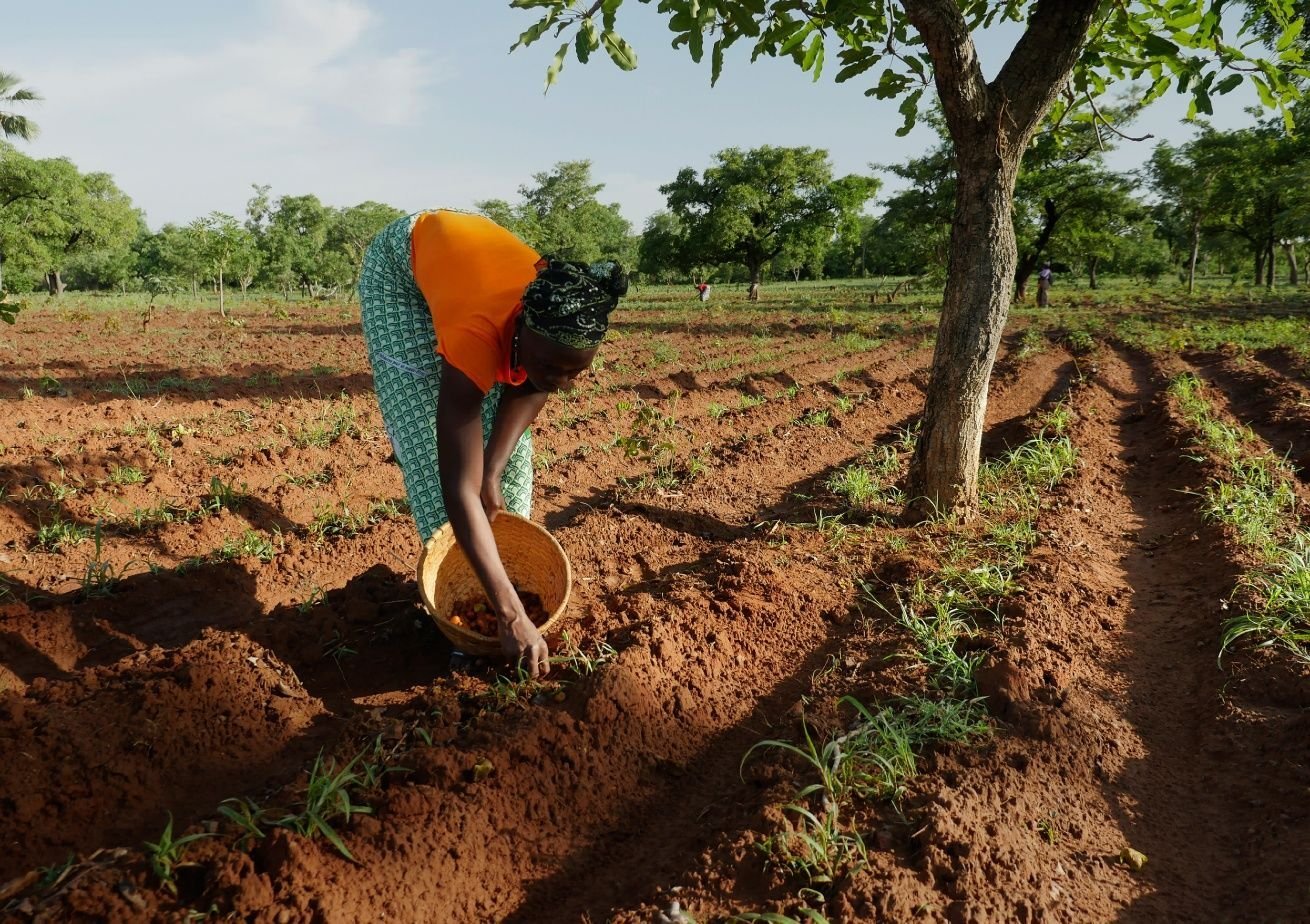Sustainable Purchasing Policy
A sustainable purchasing strategy
At L’Oréal, we attach a high importance to the social and environmental impacts of our activities. Over the years, we have been continuously engaged in responsible purchasing practices.
Building responsible and ethical purchasing
To sustain the Group’s growth, our purchasing teams select, support and evaluate suppliers as part of our responsible purchasing approach. This ongoing effort integrates ethical values as part of the everyday work of our buyers, establishing a common standard for the whole organization.
The monitoring of our suppliers’ performance, in terms of responsibility, is carried out using precise indicators of ethical, social and environmental criteria.
Since 2002, audits of social and Safety, Hygiene and Environmental standards have been conducted throughout the supply chain, covering every single supplier around the world. Carried out by independent companies, these audits provide a rigorous monitoring of suppliers’ commitments in the field and among their employees.
Our responsible and inclusive purchasing approach is based on three principles:
Protect
We seek to ensure that the fundamental rights of every man and woman in the supply chain around the world are respected. This includes abiding by the ethical principles supported by L’Oréal and, in particular, respecting human rights in terms of the health, safety and protection of workers.
Our Mutual Ethical Commitment Letter (PDF) is available here.
Empower
We are working internally and externally on a process that is already underway for both evaluation and continuous improvement in CSR terms. We make training tools available to our suppliers to help them optimize their environmental and social policy.
Impact positively
We leverage the strength of the Group to make a positive social and societal impact. Our goal is to share value and growth with our entire ecosystem.
Sourcing with a focus on inclusion
The Inclusive Sourcing program was established by L’Oréal in 2010. It aims to allocate part of the Group's global purchases to suppliers that provide employment and a sustainable income to people who are generally excluded from the labor market. Moreover, the program aims to support companies that traditionally do not have access to large calls for tenders of multinational companies.
In 2024, 1,245 projects were supported by the program, benefiting over 106,000 people – notably women, people with disabilities, and disadvantaged communities.

Working with our suppliers to support the environment
Throughout the value chain, our suppliers are aligned with our strategy of preserving the environment, natural resources and biodiversity. We prefer to source locally with a production organized by geographic zone.
In 2007, L’Oréal joined the Supply Chain Program of the CDP to encourage our suppliers to measure and manage their CO2 emissions. L’Oréal’s involvement with the program is fundamental for taking effective action across the Group’s operational value chain and for encouraging the sharing of best practices.
Sustainable sourcing of raw materials
As part of our sustainability program L’Oréal for the Future, the Group is committed to the sustainable and inclusive sourcing of its raw materials, particularly those of biobased origin.
This commitment includes:
Guaranteeing the traceability of all raw materials of renewable origin
Monitoring the environmental and social issues involved in each supply sector
Ensuring that the International Labor Organization’s principles for good working conditions and human rights are respected throughout the production chain
Equality in the workplace and promoting opportunities for women
Respect for crops and plant harvesting, which should make positive contributions to the economic development of producers and should be carried out with respect for traditional know-how based on biodiversity
The preservation of biodiversity and forests
The application of sustainable, low-carbon agricultural practices
To ensure these principles are respected and to foster continuous improvement, we carry out audits of our suppliers throughout the period of our partnerships. These audits are performed as frequently as possible (on average, four audits are carried out every day worldwide!) and, to guarantee their quality and efficiency, they are conducted by an independent third party.